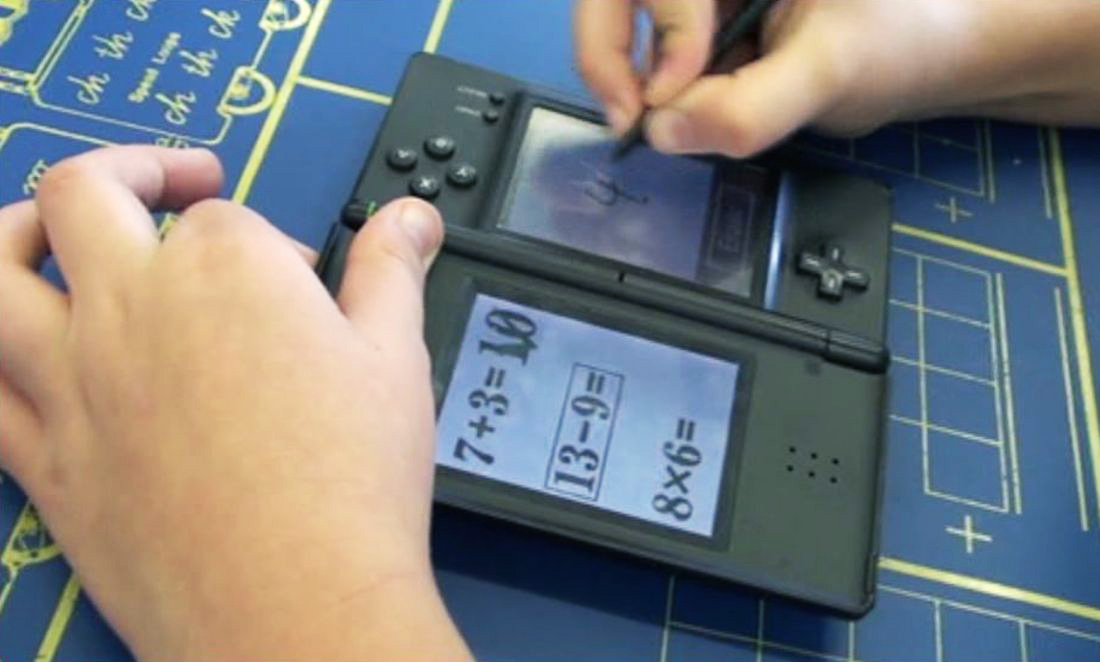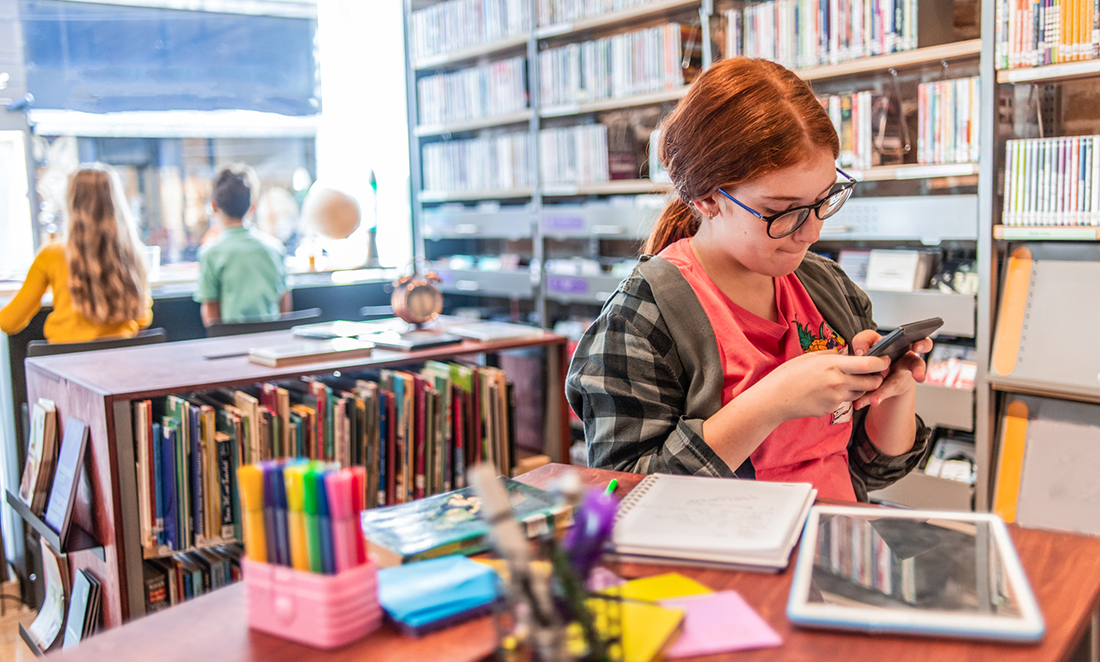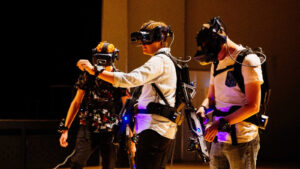It’s a finding that will be music to kids’ ears. Playing video games at school is good for your mental maths.
Researchers at Edith Cowan University gave students around Perth Nintendo DS consoles to play maths games on in the classroom.
The year 4 and 5 students – who temporarily swapped their regular maths lessons out for the games – were then tested a term later.
The results? The students using the games were faster and more accurate in their mental maths test.
Lead author Dr John O’Rourke and his colleague Dr Susan Main have been researching video games in schools for almost a decade.
John believes educational video games have a place in schools, as long as they’re used as a short-term intervention.

Maths in 20 minutes
The research followed 10 classes, giving half Nintendo DS consoles loaded with Dr Kawashima’s Brain Training software.
The classes with the consoles played the video game for 20 minutes at the beginning of each day over a 10-week school term.
The classes without the consoles committed that time to their typical maths program.
While all of the classes improved their mental maths scores, the students who used the consoles gained more.
On a basic number test measuring their recall in addition, subtraction, multiplication and division, the students with the consoles gained an average of 20 points over the term.
Those taught by traditional methods gained an average of four points.
The kids are busy, now what?
As part of the research the team interviewed teachers, students and a handful of parents about the intervention.
John says the teachers were generally pretty happy.
“65% of the comments were overwhelmingly positive,” he says.
“The biggest challenge we had was that the students didn’t want to stop at 20 minutes.”
The team also explored what the teachers did while the students played video games.
John says the really good teachers used the technology to its full potential, building classes around the use of the consoles.
“They saw how they could extend this,” he says.
“They spent appropriate time on getting the kids to strategise, getting the kids to feed back to the rest of the class.
“They had records of the week, most improved … they built stuff around it.”

Harnessing the novelty factor
International studies have shown video games can improve students’ skills in other areas of maths too, including algebra.
But despite the consoles’ success, John is cautious about introducing educational video games to the classroom.
He views video games as a tool that can be useful in short bursts, rather than something with the potential to replace regular teaching.
“It has to have that novelty aspect,” he says.
After the study, some of the schools requested the consoles when the students needed a quick refresh on skills such as their times tables or cumulative addition.
“That’s probably the way that I see it being used,” John says.
“In actual fact, I think it would be really boring if students used video games all the time.
“They have enough time on these away from school.”
Video games in schools should have a real purpose and strong structures around them and – ultimately – be fun, John says.
He believes video games should be treated as one of many tools at teachers’ disposal.
“My interest is not so much digital tools … but ways to engage and motivate students,” John says.
“And this is just another one.”









